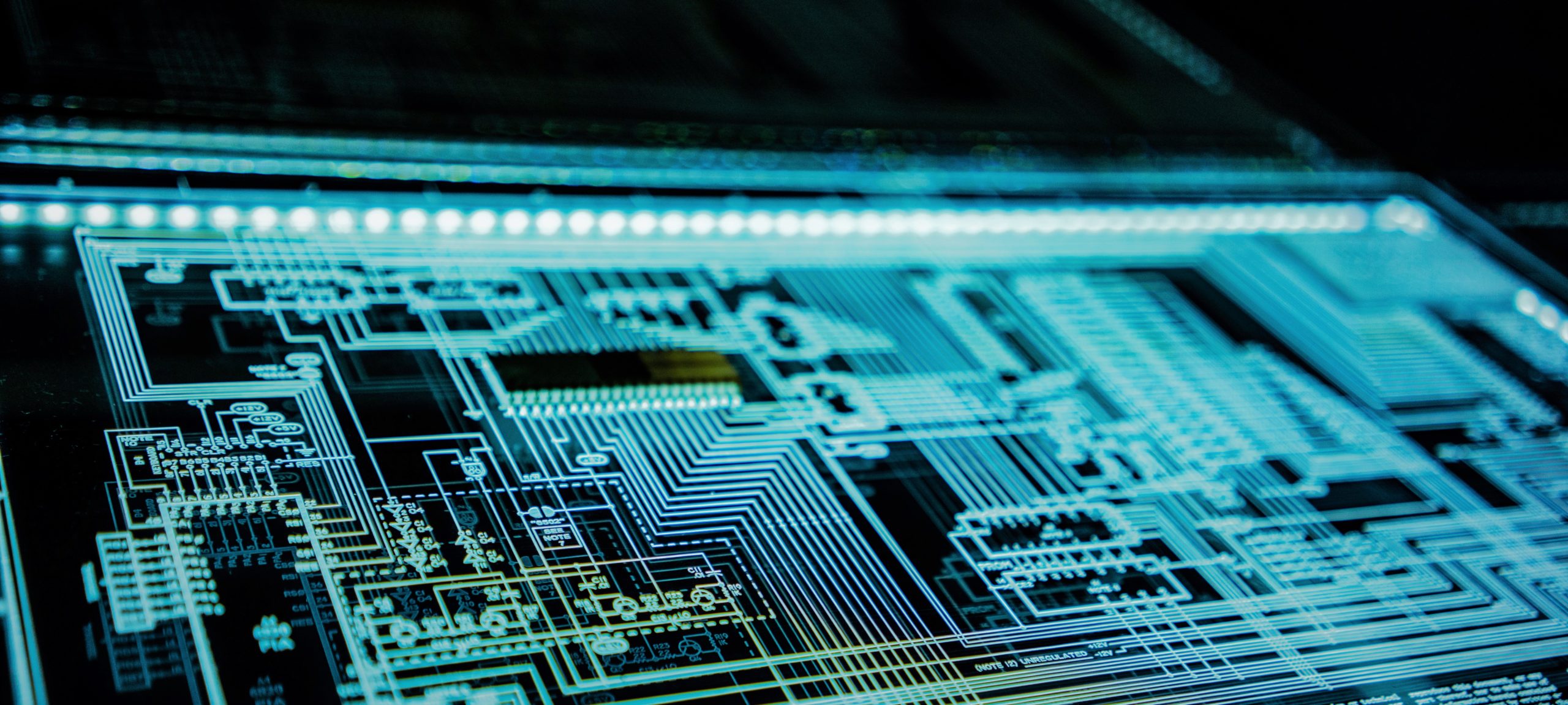The year 2020 ended on yet another element of unwanted drama. On December 8, 2020, reports began to emerge regarding what has become known as the SolarWinds hack. As is true in most cyberattacks, the hack didn’t begin in December. It was part of a series of attacks that went on for the two previous years against the network monitoring software firm known as SolarWinds Orion.
Suspected to have been perpetrated by Russian cybercriminals, the cybersecurity firm called FireEye first disclosed the hack, referring to the situation as a “highly sophisticated state-sponsored attack,” reported Jaclyn Jaeger of Compliance Week in December.
Now considered one of the most massive data breaches of U.S. cybersecurity in recent history, we can learn a lot from the SolarWinds hack. The breach affected government agencies, Fortune 500 businesses, and leading security firms.
Here are three critical lessons the SolarWinds Orion breach incident provided the cybersecurity industry, offering insights to businesses’ senior leaders everywhere.
1. Hackers Never Stop Adapting to New Cybersecurity Strategies
Cybersecurity professionals already know that hackers never take a vacation. Online criminals never stop searching for new ways to create havoc in systems businesses of all kinds and sizes. Cybercrime remains today’s primary threat to the global trade industry, ahead of climate and acts of terrorism.
Online health and security have become such a vital concern that it is no longer primarily an IT issue; it is also a regulatory and legal matter with the potential to cause reputational and existential concerns among the public at large regarding a business.
On February 15, 2021, Global Banking and Finance shared the Microsoft president’s confirmation that “more than 1,000 hackers were involved in the SolarWinds hack the world has ever seen” and claims that the cyber offenses against the U.S. continue now and are likely to continue for some time.
This all means that IT leaders need to stay on alert as the SolarWinds cybercriminals and countless others like them continue to ply their malicious trade.
2. Every Computer System is Vulnerable to Attacks
If government agencies and high-powered organizations are vulnerable to attacks, everyone is vulnerable. No matter where a business lies in the spectrum, they can experience a hack or some type of cybercrime. Forbes points out a stark reality that anything connected to the internet could suffer an attack.
Organizations must invest in a dedicated and resilient cybersecurity program to ensure protection, notification, remediation, and recovery. Whether working with a software-as-a-service (SaaS) platform, cloud services, or building their own cybersecurity plan, companies need to prepare and defend their systems.
3. Many Businesses and Agencies Missed the First Warning and Lost Valuable Time
Microsoft and federal agencies like the State Department, the Department of Treasury, and the National Security Agency (NSA) missed the early phases of the SolarWinds hack. If they can miss the signs of a cyberattack, all companies can. It’s no surprise that smaller companies missed it as well. SolarWinds revealed that there is a lack of communication and even community among various agencies that, if remedied, might create a protective reporting network. What can these businesses and governmental bodies do to prepare for the next intrusion?

